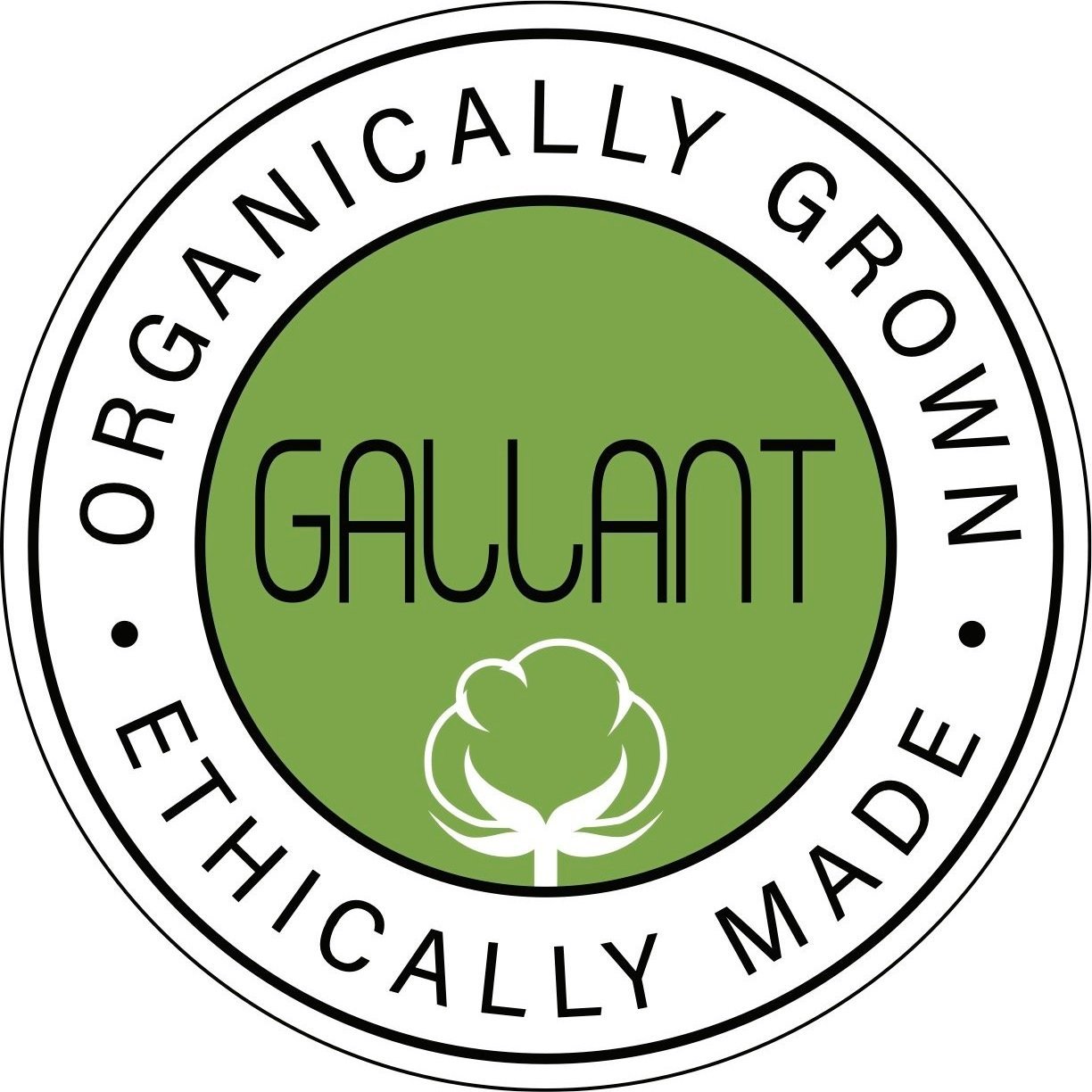Three things you can do to avoid eating & drinking plastic
We eat plastic equivalent to one credit card a week! We are so reliant on plastic that it is impossible to avoid it, even for a single day.
Not only it is impossible to not use plastic, but it is becoming impossible to not consume it. We eat plastic equivalent to one credit card a week! Since 1950 we have created 8.3 billion metric tons of plastic (weight equivalent to 1 billion elephants). Today, we produce 300 million tonnes of plastic waste every year, equivalent to the weight of the entire human population. To make matters worse, only 9% of all plastic waste ever produced has been recycled, about 12% has been incinerated and 79% has accumulated in landfills, dumps or the natural environment. A staggering 8 million tonnes of plastic end up in the world’s oceans every year. If no changes are made by us quickly, our oceans could contain more plastic than fish by the year 2050!! (Source: UN Environment)
Since plastics are durable and not degradable, they can stay in our environment for centuries. They never fully disappear; however, they get smaller and smaller and turn into microplastics. These tiny plastics are consumed by farm animals and even fish, who we then later consume. It has also been reported that plastic fibers are found in tap water around the world.
The Guardian reported when tap water samples collected from a dozen nations were analyzed, 83% of the samples were contaminated with plastic fibers. Which country had the highest contamination rate? Well, it was the US with 94% of taps containing traces of plastic. The average number of fibers found in each 500ml sample ranged from 4.8 in the US to 1.9 in Europe according to The Guardian. These plastic fibers included synthetic clothing fibers, tire dust, and microbeads, which are small plastic beads commonly found in face wash and bath products.
What can you do?
Drink Filtered Tap Water: When you first think that tap water has plastic, you may think that bottled water is a viable alternative. Unfortunately, bottled water has about double the microplastic levels of tap water. Purchase a home water filter or buy filtered tap water in jugs to avoid tap water microplastics.
Eat fresh food and avoid heating food in plastic: According to the Washington Post, heated plastics have been known to leach chemicals into food. While it might be impossible to avoid microplastics, by eating fresh food you are less likely to be exposed to unwanted chemicals especially when compared with anything wrapped in plastic. If you are cooking or reheating food, choose to reheat it in porcelain, glass or metal container instead of plastic, and never cover food in the microwave with plastic wrap.
Use your platform: Election season is coming up, so speak with your State, County, and City legislature. Eight states - California, Connecticut, Delaware, Hawaii, Maine, New York, Oregon, and Vermont have already banned single-use plastic bags and your state can be the next. Some cities of California including Santa Barbara, Los Angeles, Malibu, Santa Monica have also banned single-use plastic straws. The state of California also now prohibits sit-down dining restaurants from automatically providing you with a plastic straw in your drink. Instead, straws will be provided upon request for those who wish to use one. Unfortunately, this law does not yet apply to fast food, go to orders or casual dining restaurants. If you are looking to buy reusable organic cotton canvas bags in bulk. Please email us at gallant@gallantintl.com
